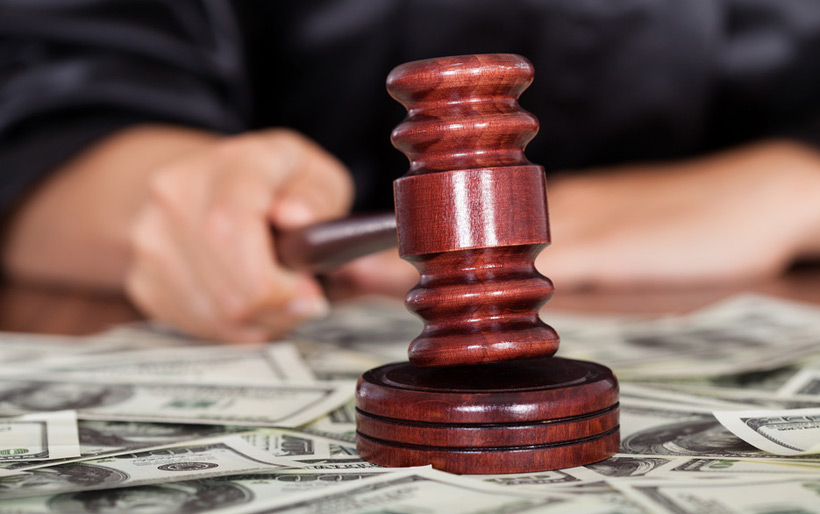Discharge/Dischargeability Action Against a Debtor
If you received a notice from the bankruptcy court about a bankruptcy filing, you are likely a creditor, as the person (“debtor”) filing for bankruptcy owes you a debt. If the debtor obtained money from you by “bad behavior,” such as fraud, conversion, embezzlement, larceny, breach of fiduciary duty and willful and malicious injuries, then you may object by bringing an action–called a dischargeability action–to have your debt survive the bankruptcy.

If your debt is declared “nondischargeable,” you can continue collecting it against the debtor even if he is discharged of his other debts. If debtor’s conduct was particularly egregious, you can bring a discharge action which, if successful, would block the debtor’s discharge of all his debts.
Your time to bring either a dischargeability or discharge action is very limited. Under the Bankruptcy Rules, a creditor has only 60 days after the debtor’s first appearance before the bankruptcy trustee (aka the “first meeting of creditors”) to bring an action.
If you do not bring a timely dischargeability or discharge action against the debtor, your claim will be discharged. Once discharged, you are forever barred from collecting on your claim against the debtor.
Call us to see if we can help determine if a dischargeability or discharge action would be appropriate to preserve your claim.
Getting paid in bankruptcy
Depending on the type of claim you hold, and whether a debtor has assets that will be liquidated in chapter 7 or is paying creditors through a chapter 13 plan, you may want to file a claim with the bankruptcy court before the deadline passes.
If you are a creditor holding a valid lien against property owned by the debtor, you may entitled to payment from the debtor or trustee while the bankruptcy case is pending without having to file a proof of claim.
If you provided goods and services to a debtor in a bankruptcy case after it was filed, you may be entitled to full payment of an “administrative expense” claim.
Call us to see if we can help determine the type of claim you have in a bankruptcy case and your entitlement to payment of your claim.
Debt Collection
We strive to protect the ability of creditors – persons who are owed money – to collect the money that they are owed. This include using the court process, including starting an action, obtaining judgment, placing a lien on property, and obtaining a wage garnishment or property execution to satisfy the judgment. We do investigative work to find out where the judgment-debtor owns real estate and other assets that can be seized and sold to satisfy a debt.
We handle debt collection for individuals, private lenders and small businesses. We strive for quick and efficient results.
Call us to find out more about how we can assist you with your collection matter.

